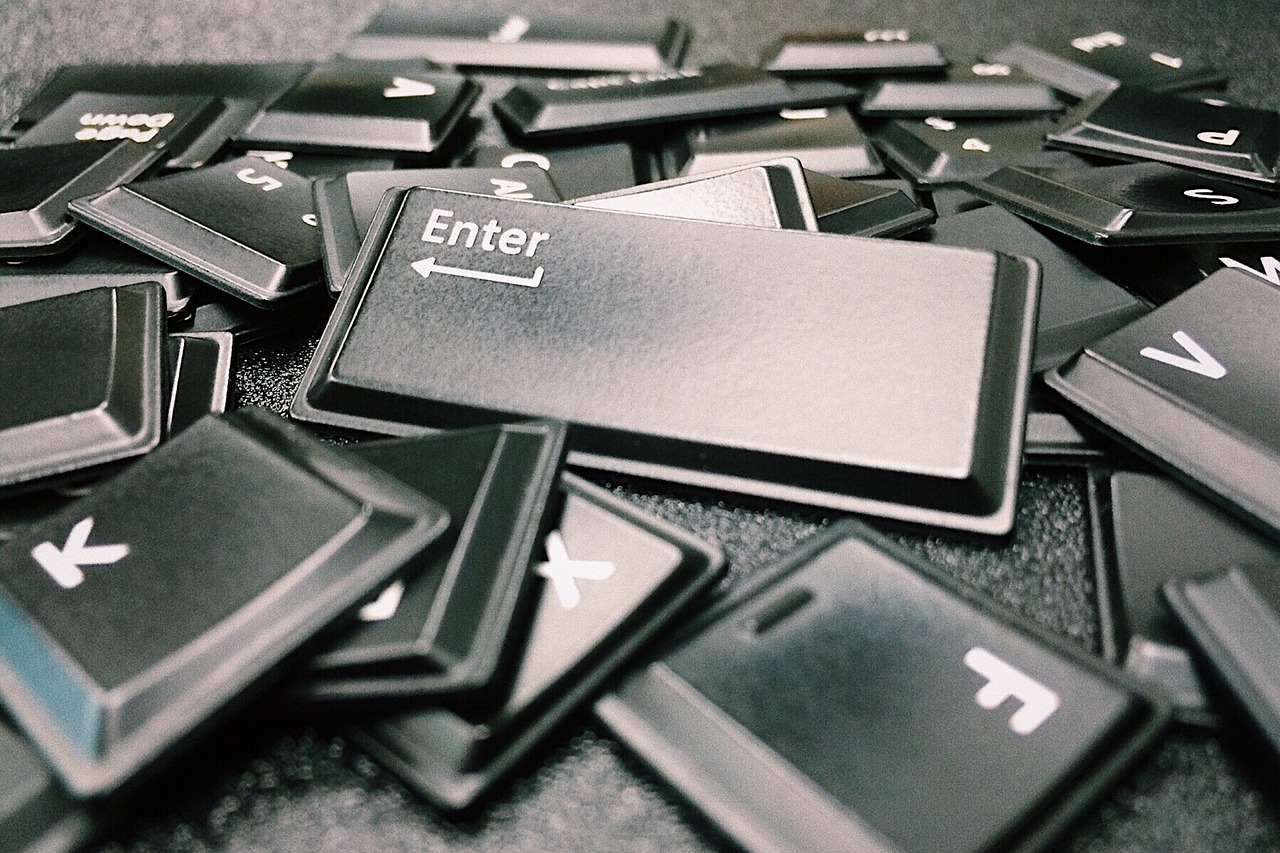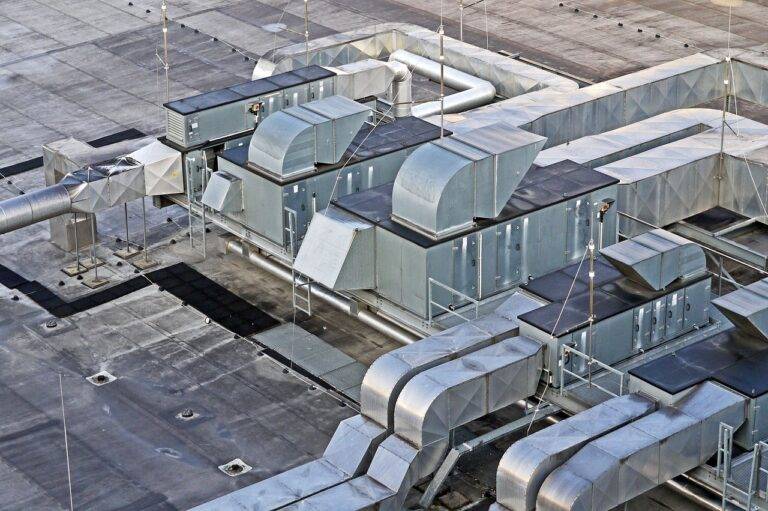Blockchain and Green Building Materials: Sustainable Construction
Blockchain technology has been making waves in various industries due to its potential to revolutionize processes through decentralized and secure transactions. In the construction industry, blockchain holds great promise in streamlining project management, enhancing collaboration among stakeholders, and ensuring transparency throughout the project lifecycle. By providing a tamper-proof and immutable record of transactions, blockchain can help in reducing disputes, improving project efficiency, and ultimately driving down costs for construction projects.
Moreover, the use of smart contracts in blockchain technology can automate payment processes, certification procedures, and compliance checks in the construction industry. This not only speeds up the overall project timeline but also reduces the likelihood of delays and disputes between parties involved. With the ability to securely store and share data in real-time, blockchain can promote transparency, accountability, and trust among all participants in the construction ecosystem, paving the way for a more efficient and sustainable industry.
How Blockchain Can Improve Transparency in Sourcing and Supply Chain Management for Green Building Materials
Blockchain technology offers a promising solution for enhancing transparency in the sourcing and supply chain management of green building materials. By recording every transaction securely and immutably on the blockchain, stakeholders can trace the origin of materials with greater accuracy and visibility. This increased transparency helps in verifying the sustainability claims of green materials, ensuring their compliance with environmental standards.
Moreover, blockchain enables real-time tracking of materials throughout the supply chain, reducing the risk of counterfeiting and unethical practices. By providing a decentralized and tamper-proof ledger, blockchain technology can create a more trustworthy ecosystem for sourcing green building materials. This enhanced transparency not only benefits manufacturers and suppliers by validating their sustainability efforts but also instills greater confidence in consumers and project developers regarding the authenticity of green materials used in construction projects.
What is blockchain technology?
Blockchain technology is a decentralized, digital ledger system that records transactions across a network of computers. It allows for transparent and secure data storage.
How can blockchain improve transparency in sourcing green building materials?
By using blockchain, all transactions related to sourcing green building materials can be recorded and verified, providing a transparent view of the entire supply chain.
What are the benefits of using blockchain in the construction industry?
Blockchain can improve transparency, traceability, and accountability in the construction industry. It can also help reduce fraud, errors, and inefficiencies in sourcing and supply chain management.
How does blockchain ensure the authenticity of green building materials?
Blockchain can provide a tamper-proof record of the origin and certification of green building materials, ensuring their authenticity and sustainability.
Can blockchain help in reducing the carbon footprint of construction projects?
Yes, by providing transparency in the sourcing and supply chain of green building materials, blockchain can help construction companies make more sustainable choices and reduce their carbon footprint.
Are there any challenges in implementing blockchain in the construction industry?
Some challenges include the initial cost of implementing blockchain technology, the need for industry-wide collaboration, and ensuring data privacy and security. However, the benefits of increased transparency and efficiency can outweigh these challenges.





